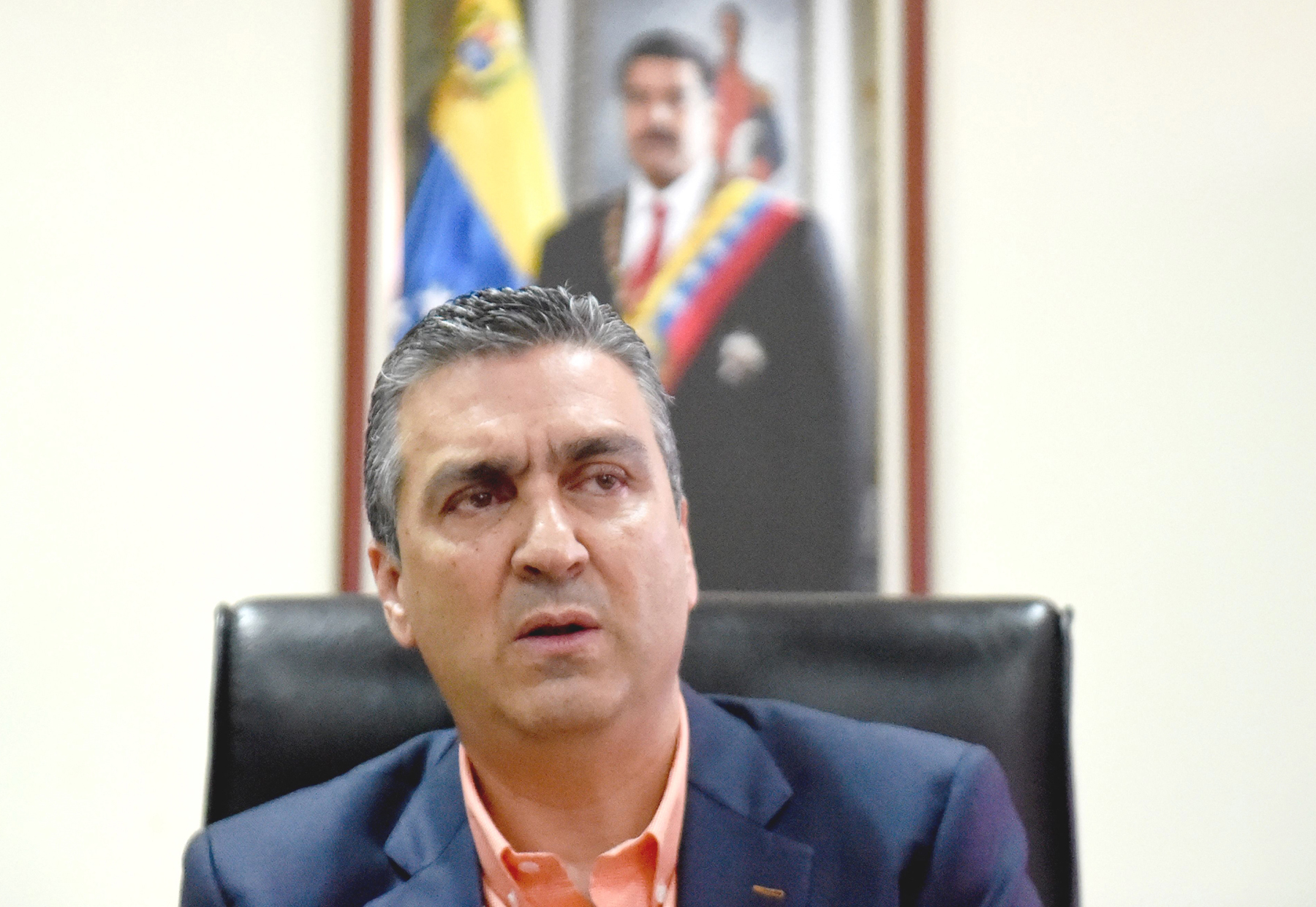
Speaking in a broadcast address to the nation, Maduro said that he signed a new emergency decree "that will allow us during the months of May, June, July" to "recover the country's productive capacity."
He said that the extension will be done "constitutionally" and will last "for the year 2016 and likely during the year 2017."
Venezuela opposition seeks president's ouster
Maduro regularly blames US and local business interests for what his administration sees as a conspiracy against Venezuela amid low oil prices.
Washington has had an acrimonious relationship with Caracas for years, especially following US support for a short-lived 2002 coup against late leader Hugo Chavez.
Venezuela has the biggest known oil reserves in the world but has suffered from the plunge in world oil prices since mid-2014. Caracas depends overwhelmingly on oil revenue.
Maduro first issued a 60-day decree for emergency powers on January 14, a measure that was extended in March.
The decree authorizes the president to take over private business assets in order to guarantee the supply of basic household products to the public.
Maduro's political opposition says this opens the door to new expropriations.
Real or Barcelona? Venezuela president's economy speech seen as own goal
Henry Ramos, the head of Venezuela's opposition-controlled legislature, said on Wednesday that Maduro "does not have the constitutional authority to extend the decree beyond the first extension," which he says was "already unconstitutional."
To enter into effect the National Assembly would have to approve the measure, which it strongly opposes.
Venezuela's Supreme Court earlier allowed Maduro's economic emergency measure decree to stand, amid a firestorm of criticism that the court is stacked with pro-government cronies.
In 2015 Venezuela's economy contracted 5.7 percent and its official inflation rate topped 180 percent -- one of the highest in the world. Non-government economists estimate the real inflation rate is several times higher.
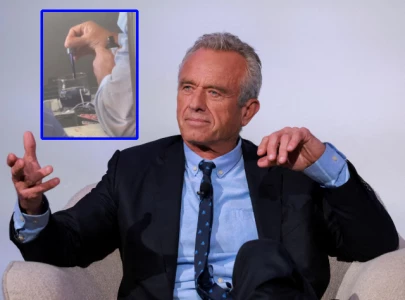








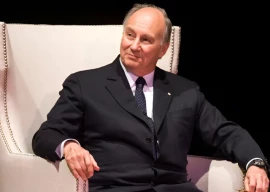
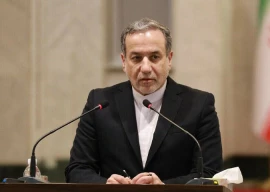

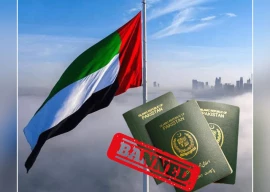
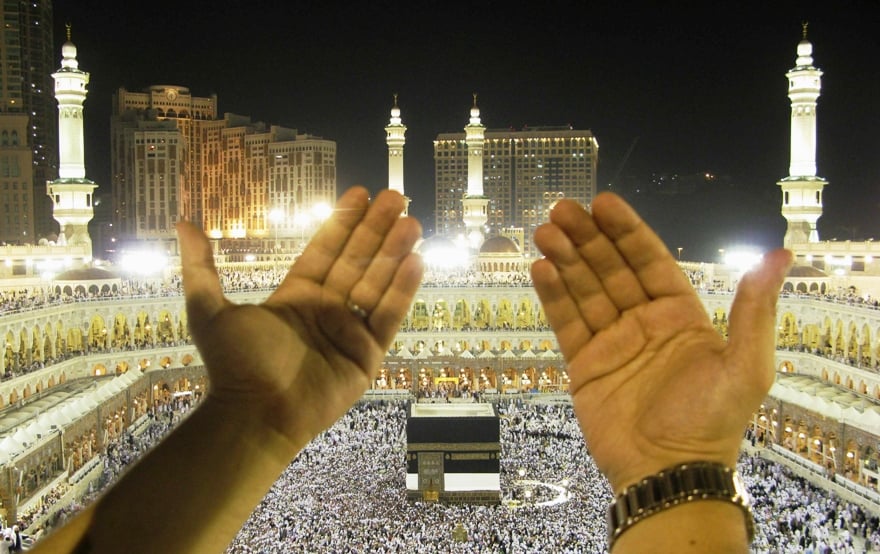

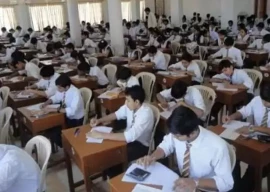







COMMENTS
Comments are moderated and generally will be posted if they are on-topic and not abusive.
For more information, please see our Comments FAQ